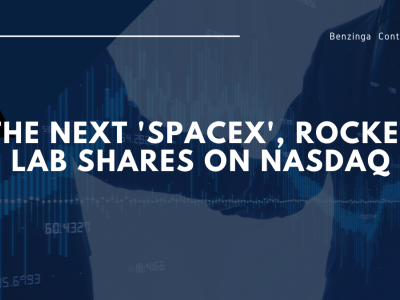Investors may have to wait a long time to buy shares in SpaceX or its subsidiary Starlink.
Elon Musk, the CEO of SpaceX, has intimated that a public offering of Starlink is in the works. The exact timing of this occurrence is unknown, but I wouldn’t be surprised if it happened before mid-2024. That is, if the project hasn’t devolved into space debris by now. If the Company’s private investor optimism is depleted, an earlier IPO will be required. It will require retail cash at this time to overcome the substantial financial and technological obstacles that it will encounter on its way to viability and profitability.
The likelihood of SpaceX, the mothership company, going public is a little more hazy. Although, I’m sure that the Company’s early investors will be keen to get some of their money back through a public offering. SpaceX was valued at US$74 billion on its most recent round of fundraising in April 2021.
I believe SpaceX will be a well-received first public offering. For many investors, it already checks all the boxes for a worthwhile investment. Aside from the allure of the intrinsically interesting business in which it operates, SpaceX is already generating a significant amount of revenue, with year-over-year revenue increase. Furthermore, after carrying men to the International Space Station and creating the ability to reuse its booster rockets, the Company has an amazing reputation.
Putting Money Into the Competition
Several direct and indirect competitors have beaten SpaceX and Starlink to the stock market. So, until investors can own a piece of SpaceX or Starlink, there are other publicly traded space companies who are preparing investors for this thrilling “Space.” Rocket Lab, a New Zealand-based startup poised to take the next step on the world stage, is one small go-getter I’d like to highlight.
Vector Acquisition / Rocket Lab
Rocket Lab is the Ola of rocket rideshare, if SpaceX is the Uber of rocket rideshare. That is, it is significantly less valued (around US$4.1 billion) and operates on a smaller scale, but it is still well within the competition range.
While Rocket Lab presently generates revenue of less than $100 million, it expects to generate $1 billion in sales by 2026. Rocket Lab is combining with Vector Acquisition, a Nasdaq-listed SPAC, to accomplish this extraordinary revenue increase (NASDAQ: VACQ). Rocket Lab will receive half a billion dollars from the deal, which is anticipated to close in the next three months, to help fund its effort to develop bigger rockets.
Rocket Lab will be better positioned to take a portion of SpaceX’s client base with larger rockets. At the same time, Rocket Lab’s smaller vintage rockets can still be utilized to service its lesser-cap clients, allowing the company to keep a valuable cash stream while looking for new lucrative contracts.
Vector Acquisition’s stock is now trading at US$11.01 as of this writing. As investors anticipate for the impending merger, VACQ shares have risen 13.1 percent in the last month./n


